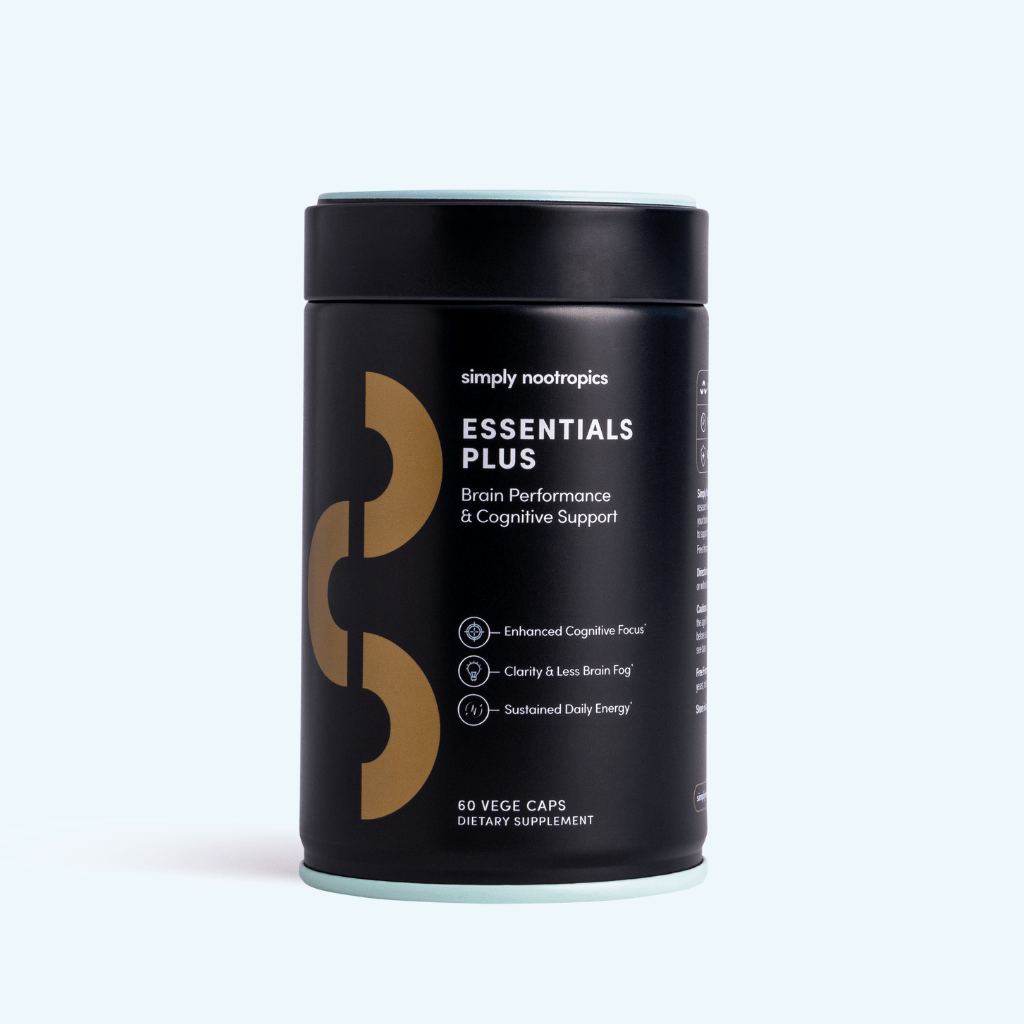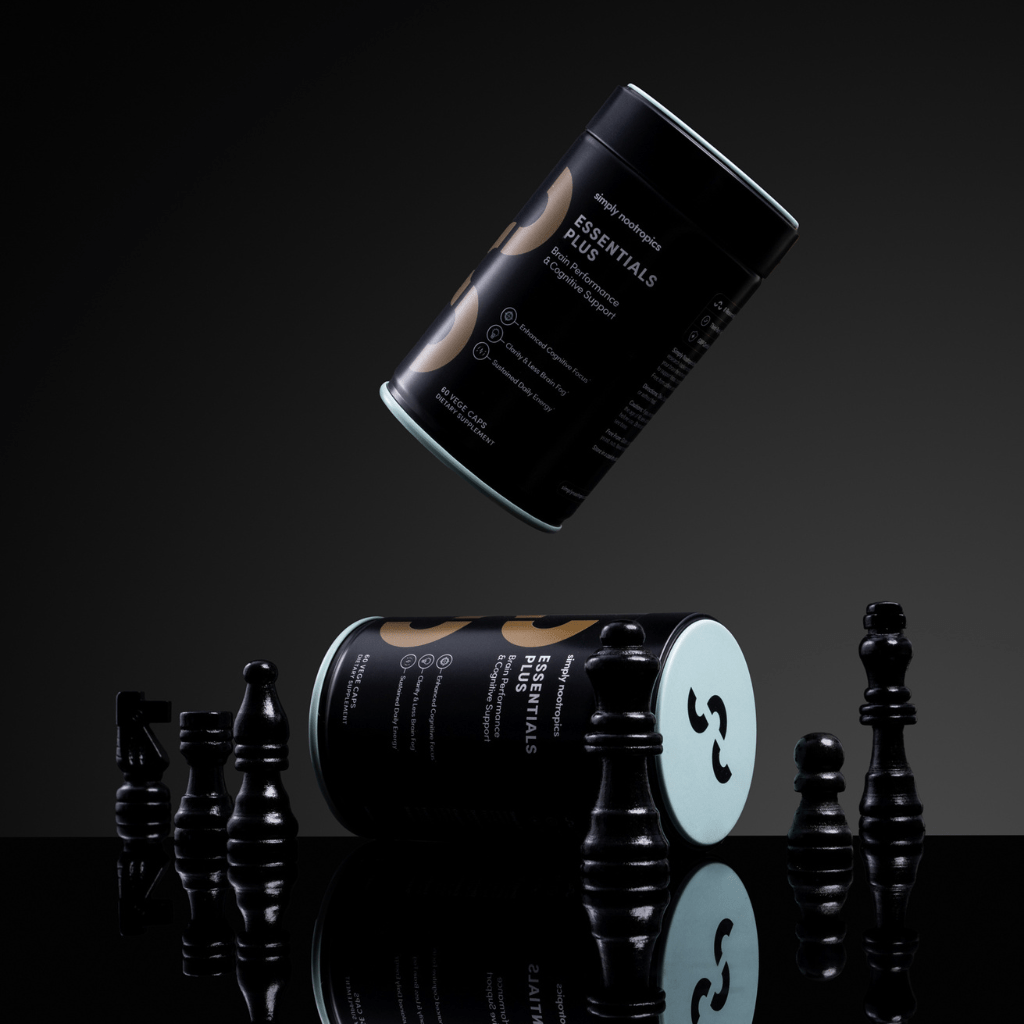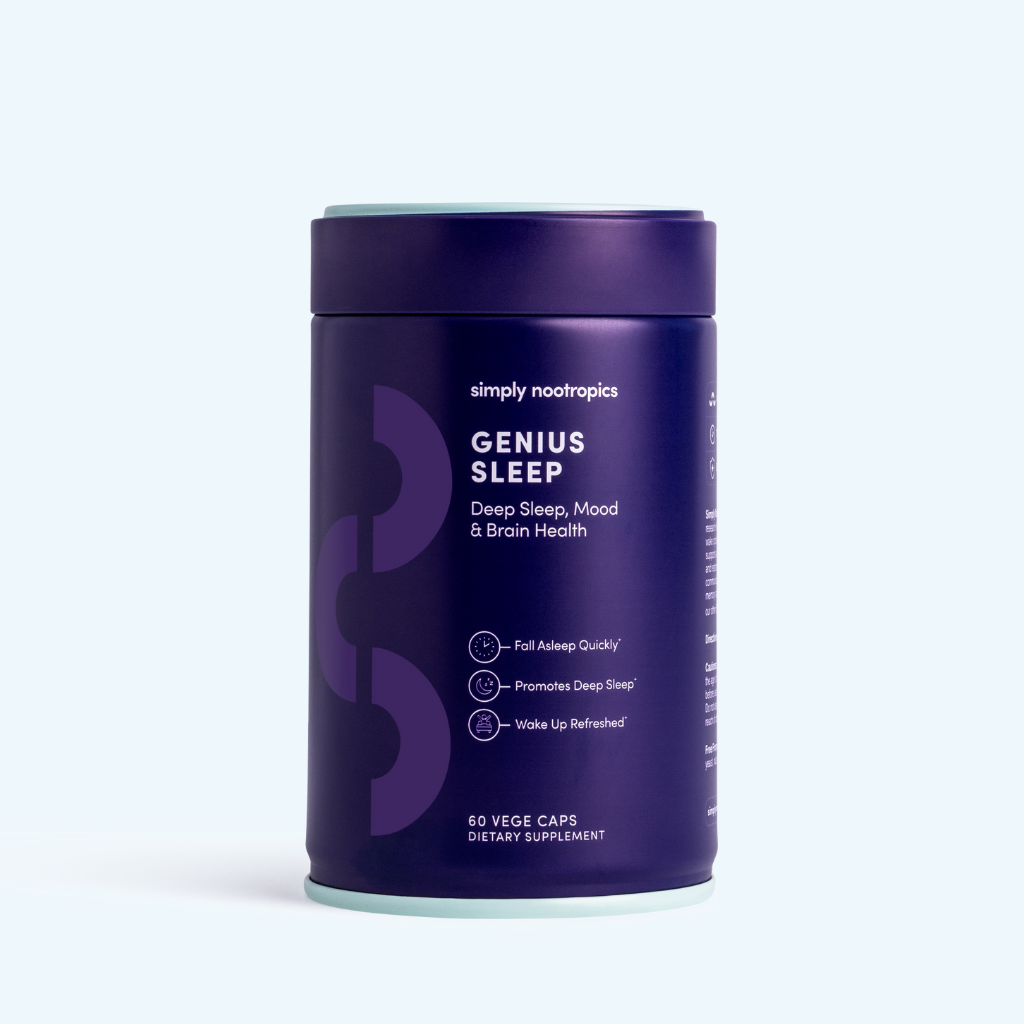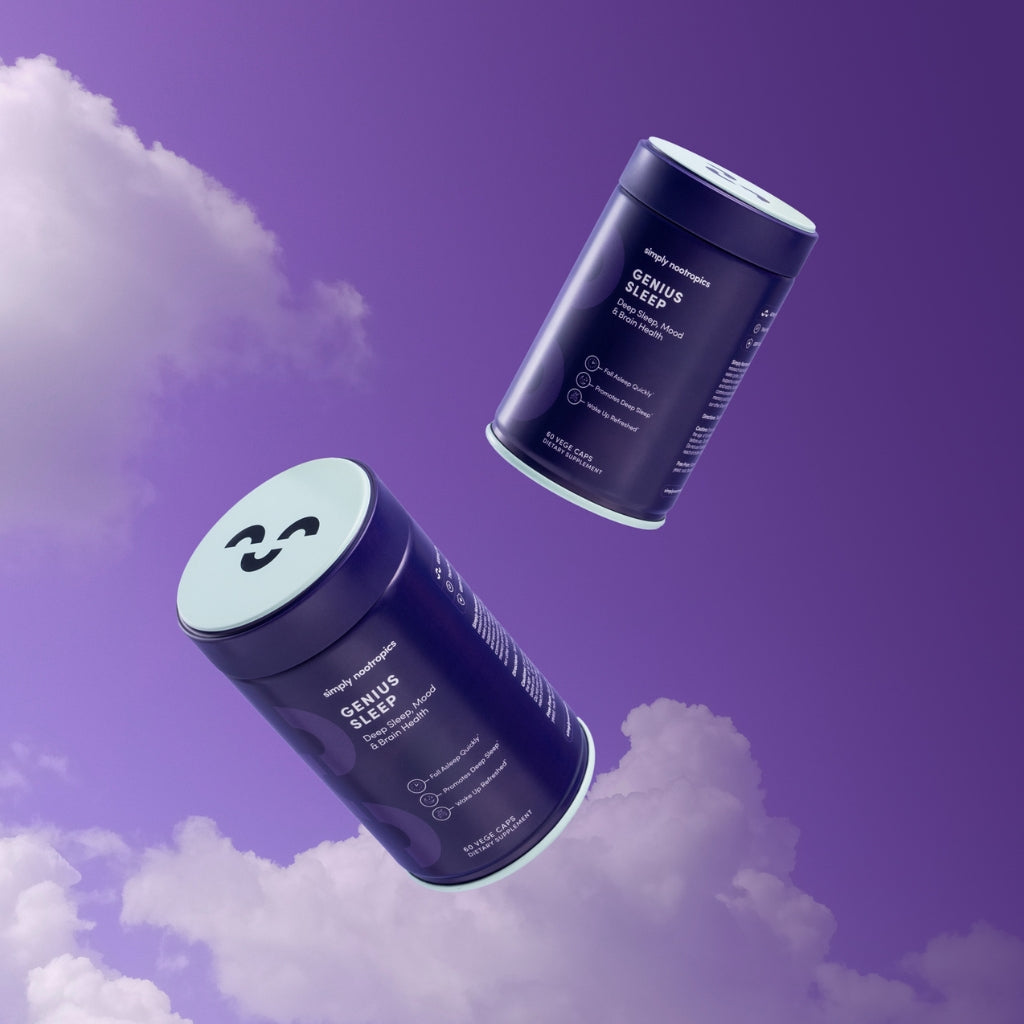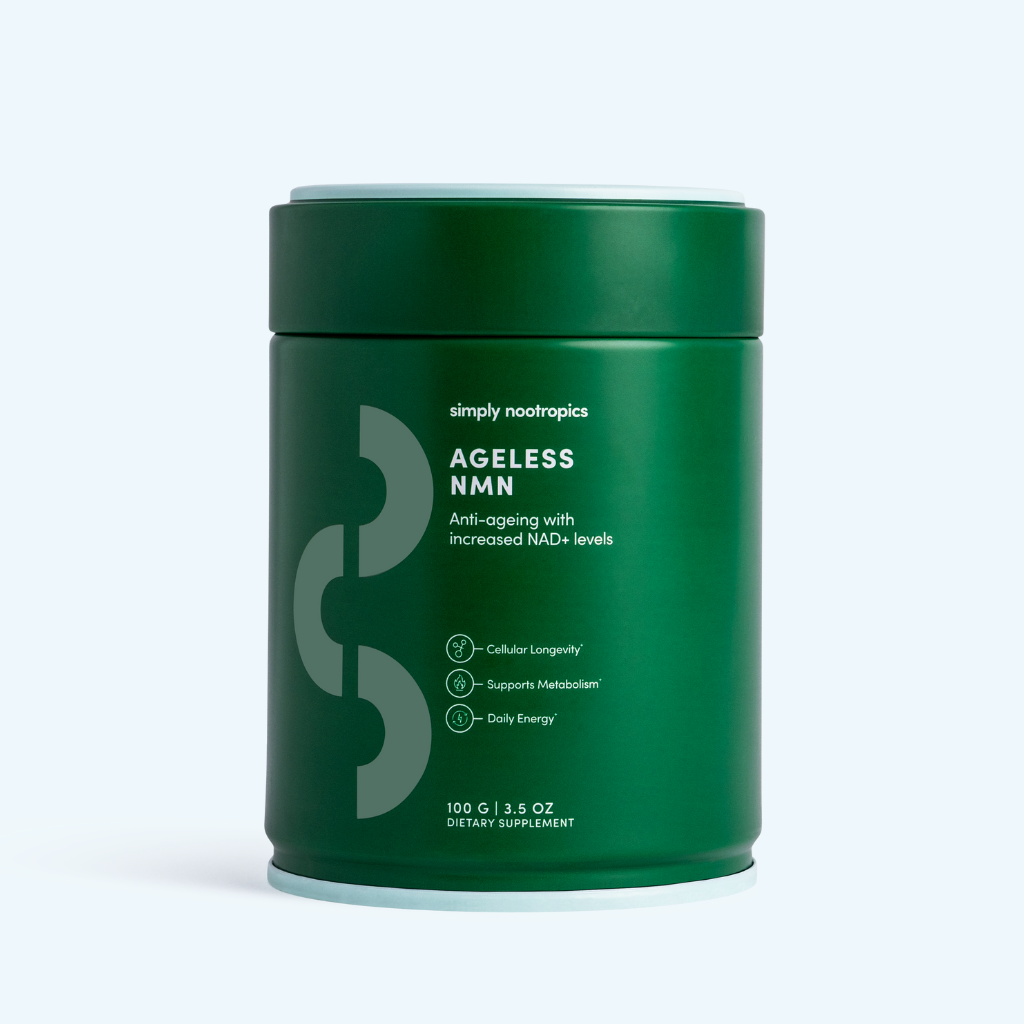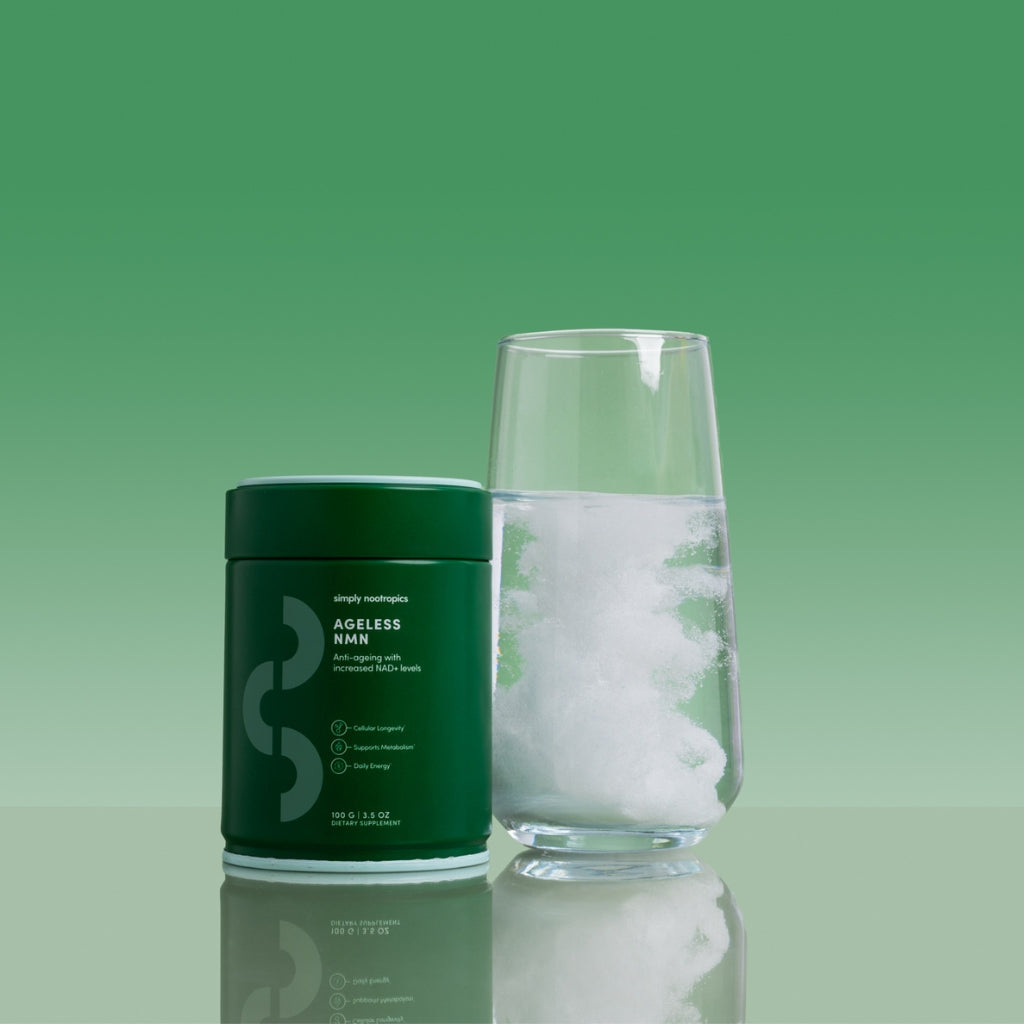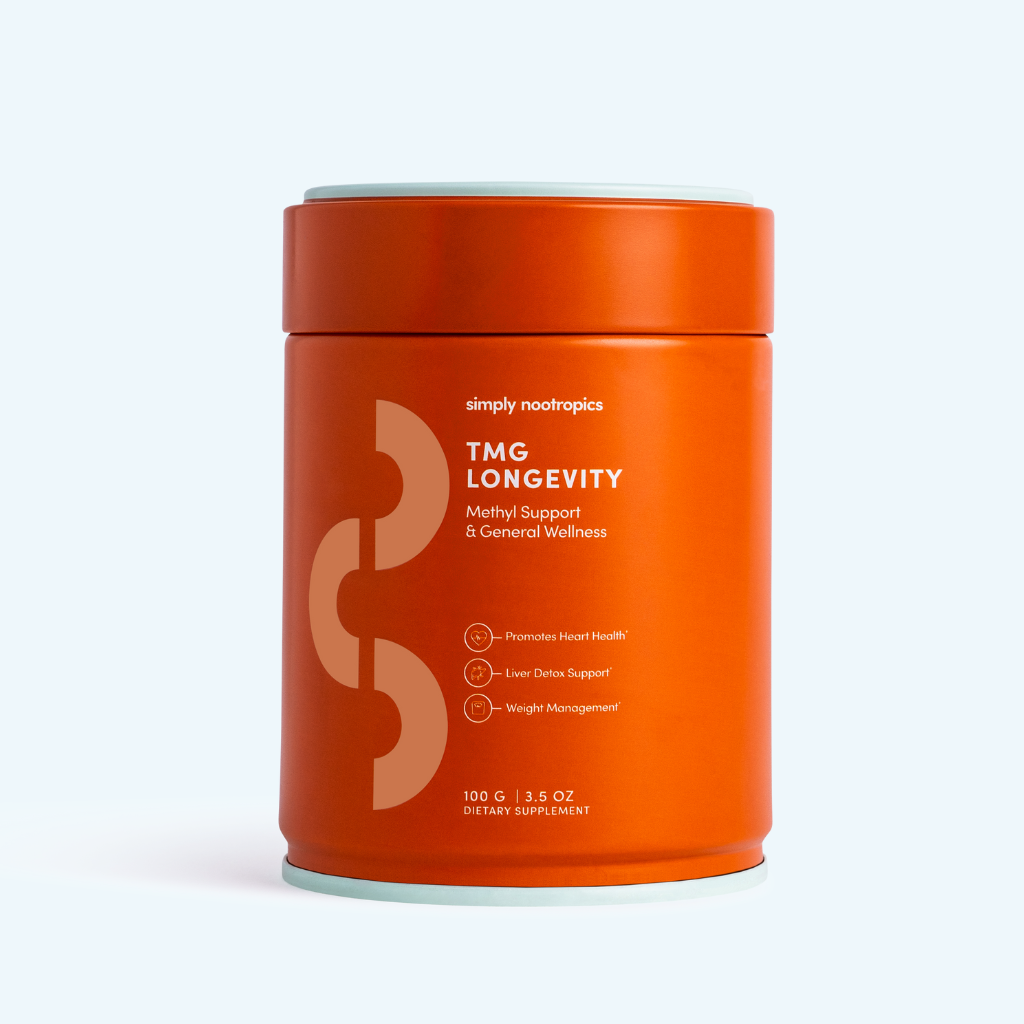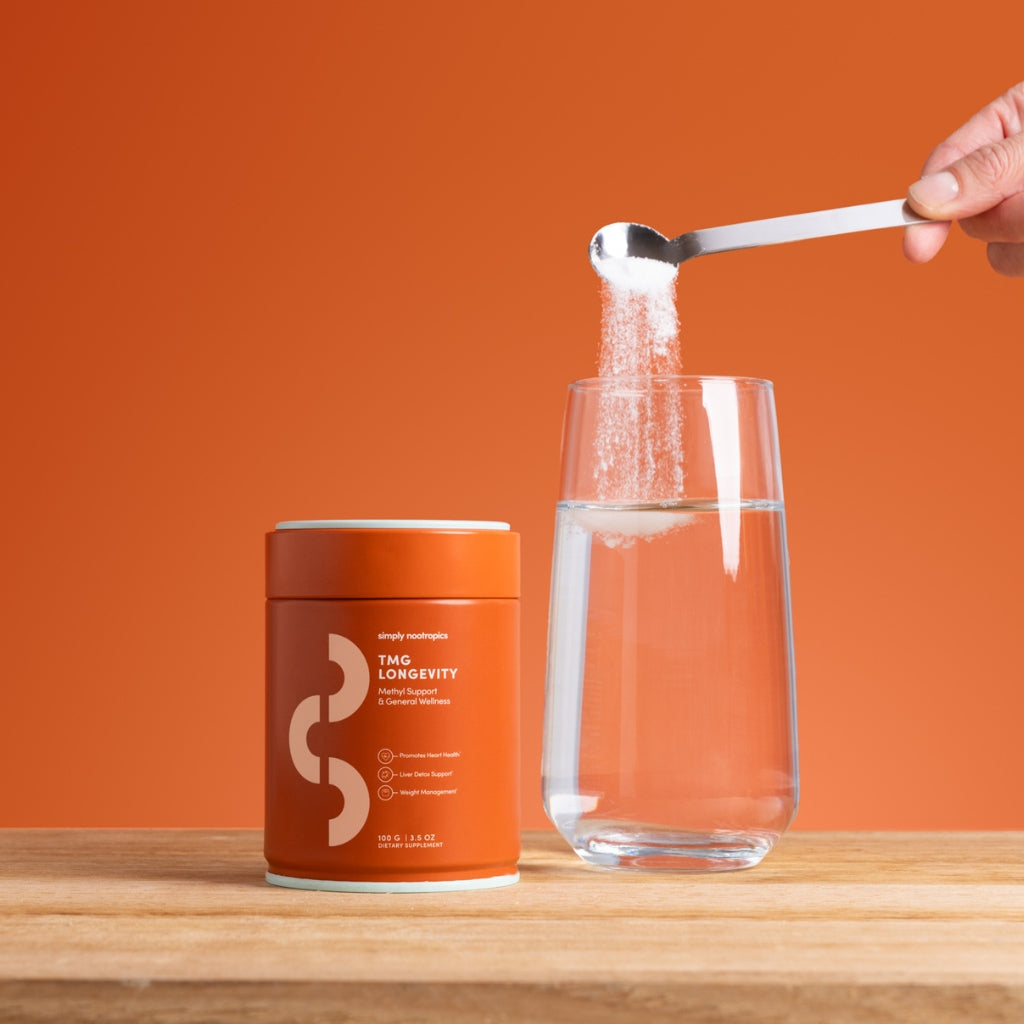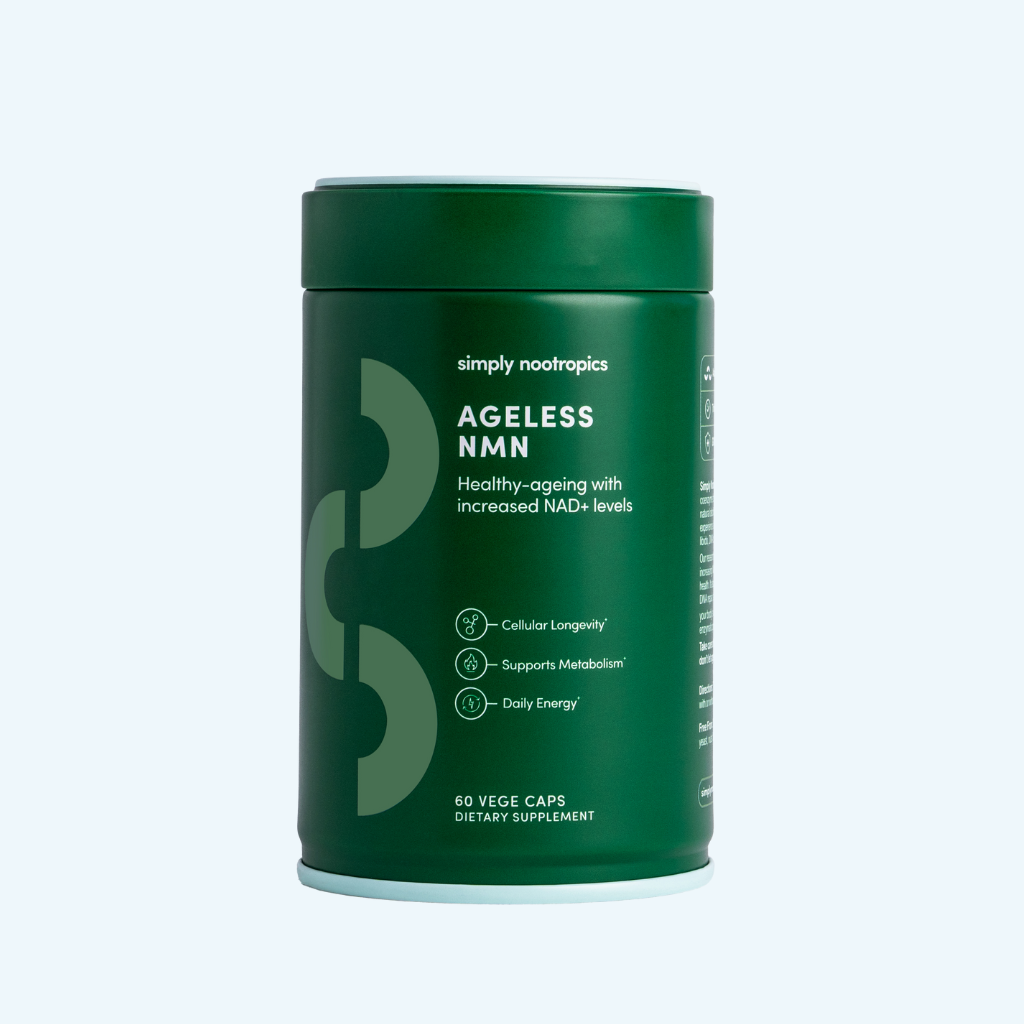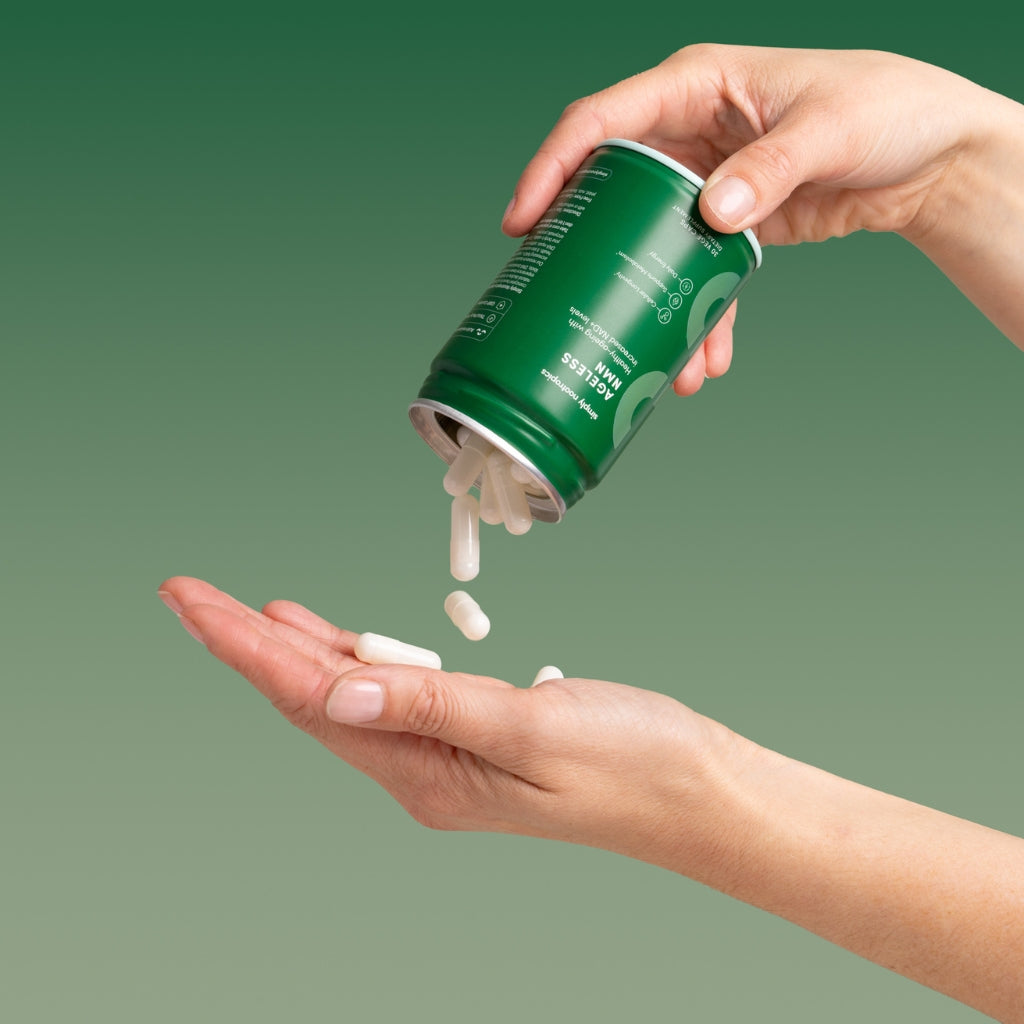This week’s research highlights how our sense of meaning influences the brain, why the latest biological clocks may not capture everything we think they do, how small tweaks to your jog can unlock bigger benefits, and the arrival of a new skin innovation with potential far beyond clear complexions.
-
Purpose Protects the Ageing Brain
A large study from UC Davis has added weight to something communities in the world’s Blue Zones have long demonstrated: having a strong sense of purpose is good for health.
Researchers followed more than 13,000 adults over 15 years and found that those with a higher sense of life direction were about 28% less likely to develop cognitive impairment compared to those with lower scores.
The effect was consistent across ethnic backgrounds and even among people carrying genetic risk markers for memory decline. Having goals, responsibilities, and meaning in daily life appears to keep the brain more resilient with age.
Interestingly, the delay in decline wasn’t dramatic, about 1.4 months on average over an eight-year span. But researchers noted that even modest benefits are meaningful when compared to the limited options currently available. And unlike pharmaceuticals, purpose is free, safe, and accessible to everyone.
Purpose doesn’t look the same for everyone. For some, it’s nurturing grandchildren, while for others it might be learning a new skill or volunteering. What matters is the sense of direction and meaning, not the form it takes.
What makes this finding especially powerful is its accessibility. You don’t need a prescription or expensive intervention to build purpose into your life. You can cultivate it through relationships, hobbies, and community ties. Even small daily goals, like caring for a garden, helping a neighbour, or sticking to a creative project, can provide the sense of structure and contribution that fuels psychological well-being.
-
Why Epigenetic Clocks Don’t Always Match Health
Epigenetic clocks (tests that track DNA methylation patterns to estimate biological age) are often considered the “gold standard” of ageing science. But a new study in Aging Cell suggests they may not fully reflect changes in metabolic health.
In a 12-month dietary trial, participants who lost weight saw clear improvements in markers like inflammation. Yet that benefit wasn’t mirrored by the epigenetic clocks. Some clocks even suggested accelerated ageing in groups who were otherwise getting healthier.
The researchers concluded that these clocks may not be reliable endpoints for short-term interventions aimed at metabolism. Instead, they may be better at capturing long-term biological burden rather than near-term health improvements.
This doesn’t mean clocks have no value - they still provide insights into how biology shifts over decades - but they are not a stand-in for established health markers. For now, traditional measures like blood pressure, cholesterol, and fitness testing remain more practical for tracking everyday progress.
The results also highlight an important point about the complexity of ageing research. No single biomarker will ever give the full picture. Instead, health needs to be viewed as a constellation of indicators: how your metabolism functions, how you recover from exercise, how your sleep cycles look, and how resilient your mind feels.
-
Sprints Make Running More Powerful
Running has long been linked with improved health and longer life. But adding just a few sprints to a steady jog can make those benefits even stronger and save time.
Interval running, where you alternate between gentle jogging and short bursts of speed, has been shown to:
-
Improve cardiovascular fitness more than steady running.
-
Boost mitochondrial activity, which supports energy production.
-
Reduce visceral fat more efficiently than continuous runs.
Research shows that as little as 18 minutes of sprint intervals, three times a week, can deliver measurable benefits.
The best part? It’s easy to integrate. Sprint to the next lamppost on your run, try the 10-20-30 method (30 seconds jog, 20 seconds moderate run, 10 seconds sprint), or simply sprinkle in bursts of speed when you feel good.
Interval running isn’t only for athletes. Even beginners can adapt it by mixing in brisk walks or light jogs. The point is to vary intensity, not to hit a stopwatch. This flexibility makes it one of the most efficient and approachable ways to get more from your workouts.
There’s also a motivational angle. For many, long continuous runs can feel monotonous. Breaking them up with short bursts of effort not only improves health outcomes but also keeps the exercise engaging. The mental boost of completing short sprints can help runners stick with the habit over the long term.
-
Smart Patches for Clearer Skin
Researchers from South Korea and the US have developed a new microarray acne patch that cleared pimples in just seven days during trials. The patch uses tiny arrow-shaped spikes made from hyaluronic acid to deliver antibacterial and anti-inflammatory compounds directly beneath the skin.
By locking into place, the patch ensures active ingredients reach their target without slipping. After just three days, participants reported an 81% reduction in lesions; by day seven, they were gone.
What’s most exciting is the platform itself. Scientists believe the same technology could be adapted for other therapies, from skin conditions to broader health applications. For now, though, it offers a glimpse into how even small advances in skincare can ripple out into the larger field of health innovation.
The development also underscores a broader trend: combining traditional ingredients like niacinamide or chamomile with new delivery methods. The result is a system that makes the actives work harder without increasing irritation.
Patches like these also reflect a shift in consumer behaviour. People want solutions that are discreet, effective, and easy to use at home. If this platform can be scaled and adapted, it may have applications well beyond skincare, potentially transforming the way we think about delivering supplements and therapeutics through the skin.
Spotlight: Vital Beauty Collagen
Skin is often the first place we notice signs of ageing, from fine lines to reduced elasticity. Supporting it from within can make a meaningful difference.
Vital Beauty Collagen provides high-quality collagen peptides along with vitamin C and E to aid repair, protect against oxidative stress, and keep skin looking stronger for longer. While topical treatments target the surface, collagen works deeper, supporting both appearance and resilience.
Just as research shows the power of purpose, exercise, and new technology to shape health, Vital Beauty offers a way to support your skin as part of a broader longevity routine.



